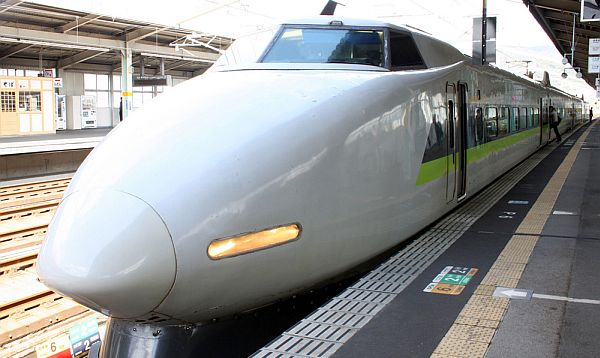China's successful bid to build a high-speed railway in Mexico has opened a new era for the country's industry, experts said on Tuesday.
A Chinese-led consortium including the China Railway Construction Corporation (CRCC) and several Mexican construction firms, will build the high-speed railway that connects Mexico City with the industrial hub of Queretaro to the north, according to the Mexican Ministry of Communications and Transport.
The group was the only bidder for the 130-mile line, despite earlier interest from rivals like German conglomerate Siemens and Canada's Bombardier. Experts say the bid indicates that the Chinese high-speed railway industry has gone global in the strictest sense.
"Different from the pure construction or just exports of equipment in the past, China is in charge of constructing the Mexican high-speed rail project and is also exporting equipment and technological standards too," said Sun Zhang, a professor at the Shanghai-based Tongji University.
"This means the Chinese high-speed railway industry, as a whole, is increasingly being accepted by the world," Sun said.
To date, the CRCC has participated in the construction of dozens of overseas railway construction projects, including the high-speed railway from Ankara to Istanbul, said Zhuo Lei, chairman of CRCC International Co., a wholly owned subsidiary under CRCC.
Along with the overseas deals, the company has also built a great number of high-speed rails that crisscross the vast regions with different geographies back home. "These projects have made CRCC highly experienced," Zhuo said.
In terms of equipment, CRH380 bullet trains made by CSR Corp. Limited, China's largest train maker, can reach a maximum speed of 302 mph in test runs. The model has had smooth operation in the Beijing-Shanghai High-speed Rail for more than three years.
Zhuo Lei said the Chinese railway industry also has comparative advantages in construction technologies, cost control, and productivity of labor. He said the average cost for building just over half a mile of high-speed rail is $50 million among foreign firms, while China can make do at $33 million.
Sun said China's independent intellectual property right and independent standards in the sector are also important in controlling costs.
He said that the Mexican high-speed rail, designed with a maximum speed of 186 mph, will further showcase China's competence in the industry, and will pave the way for the sector expanding to more markets around the world, such as the United States.
With a total contract value of nearly $4.4 billion, the Mexican high-speed rail project extends 130 miles. Construction is expected to be completed in 40 months. Upon completion, the rail will be able to transport 23,000 passengers per day, and travel time will be cut from about two and a half hours to less than an hour.
Original Story


